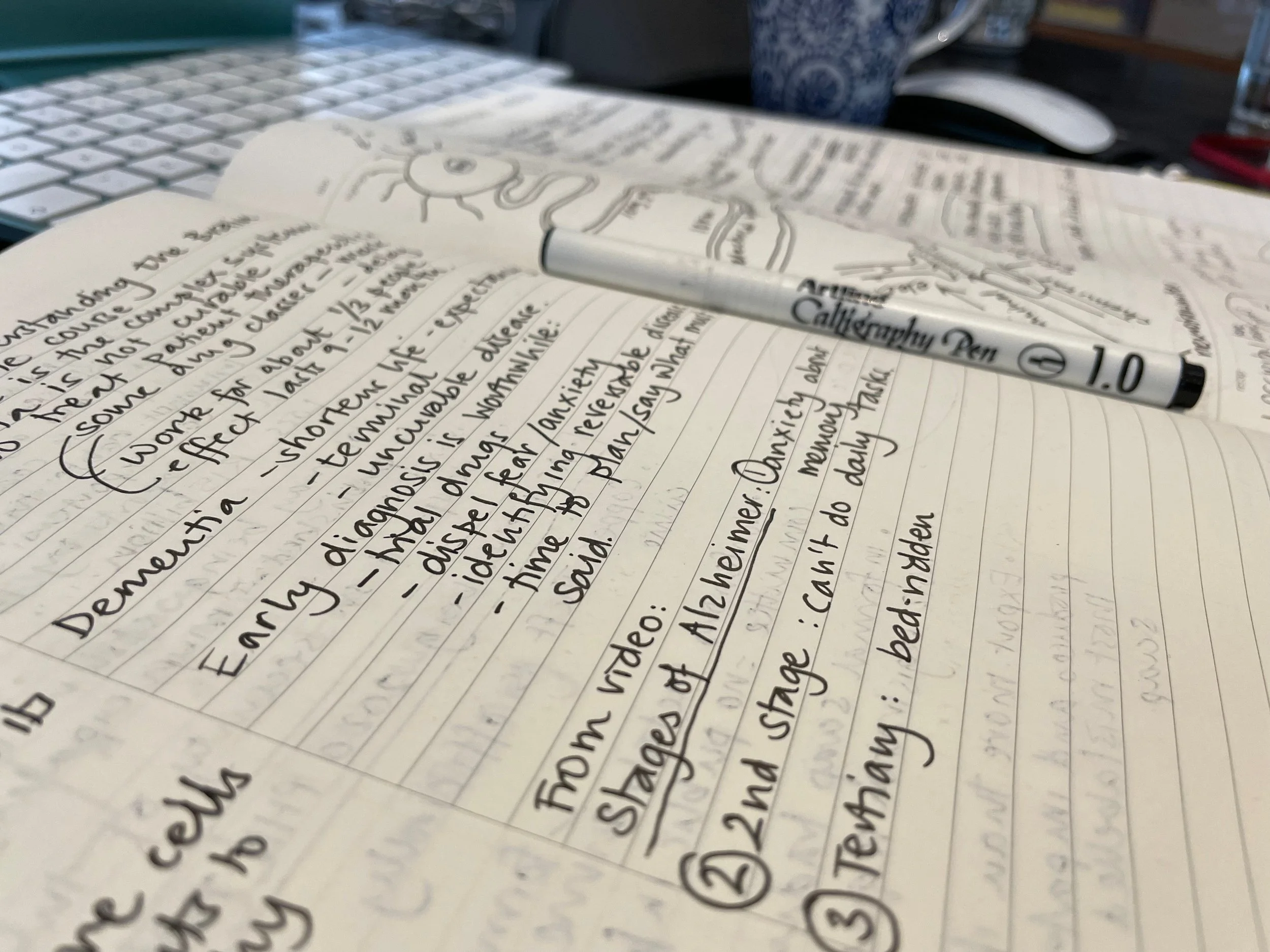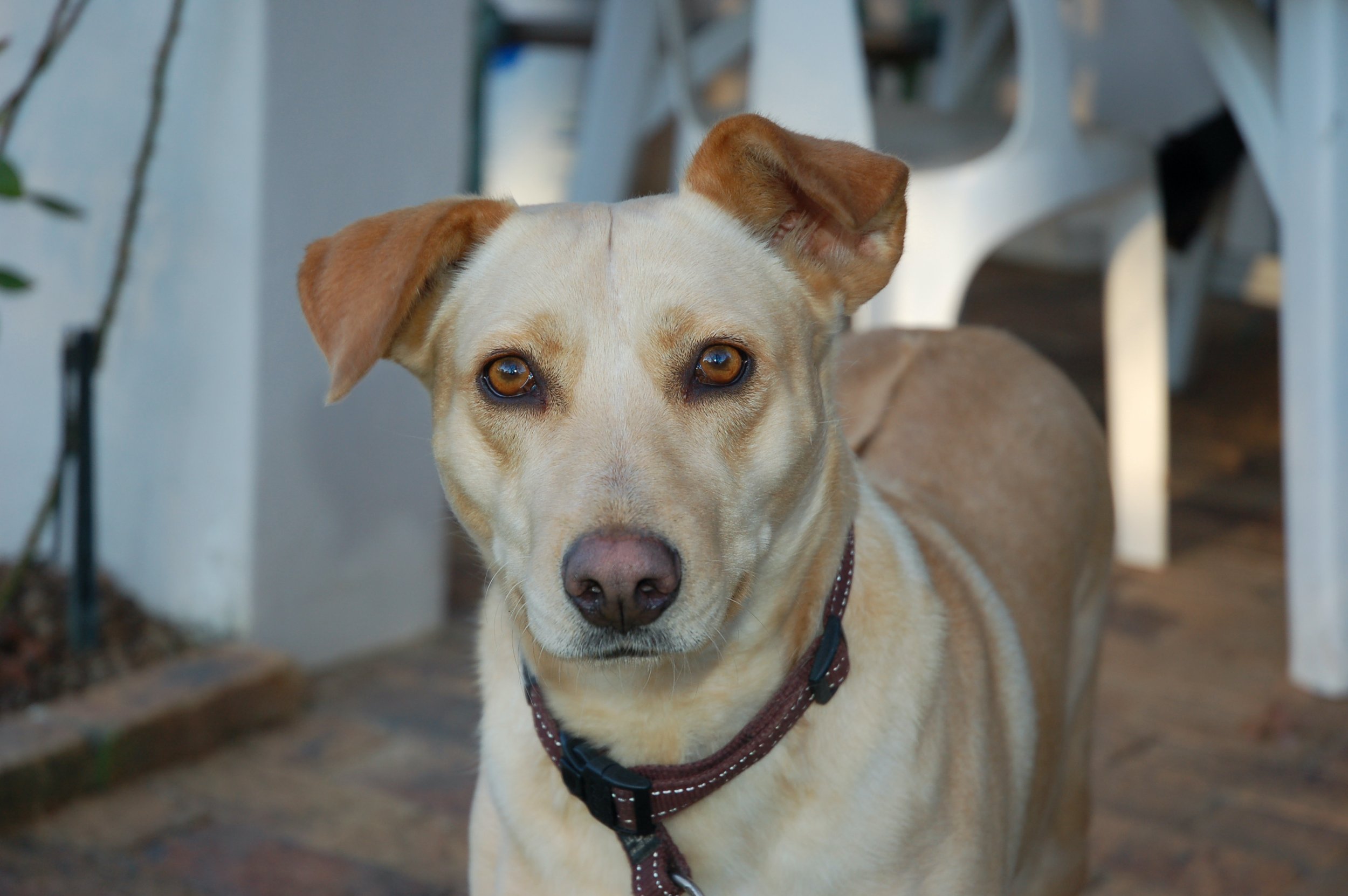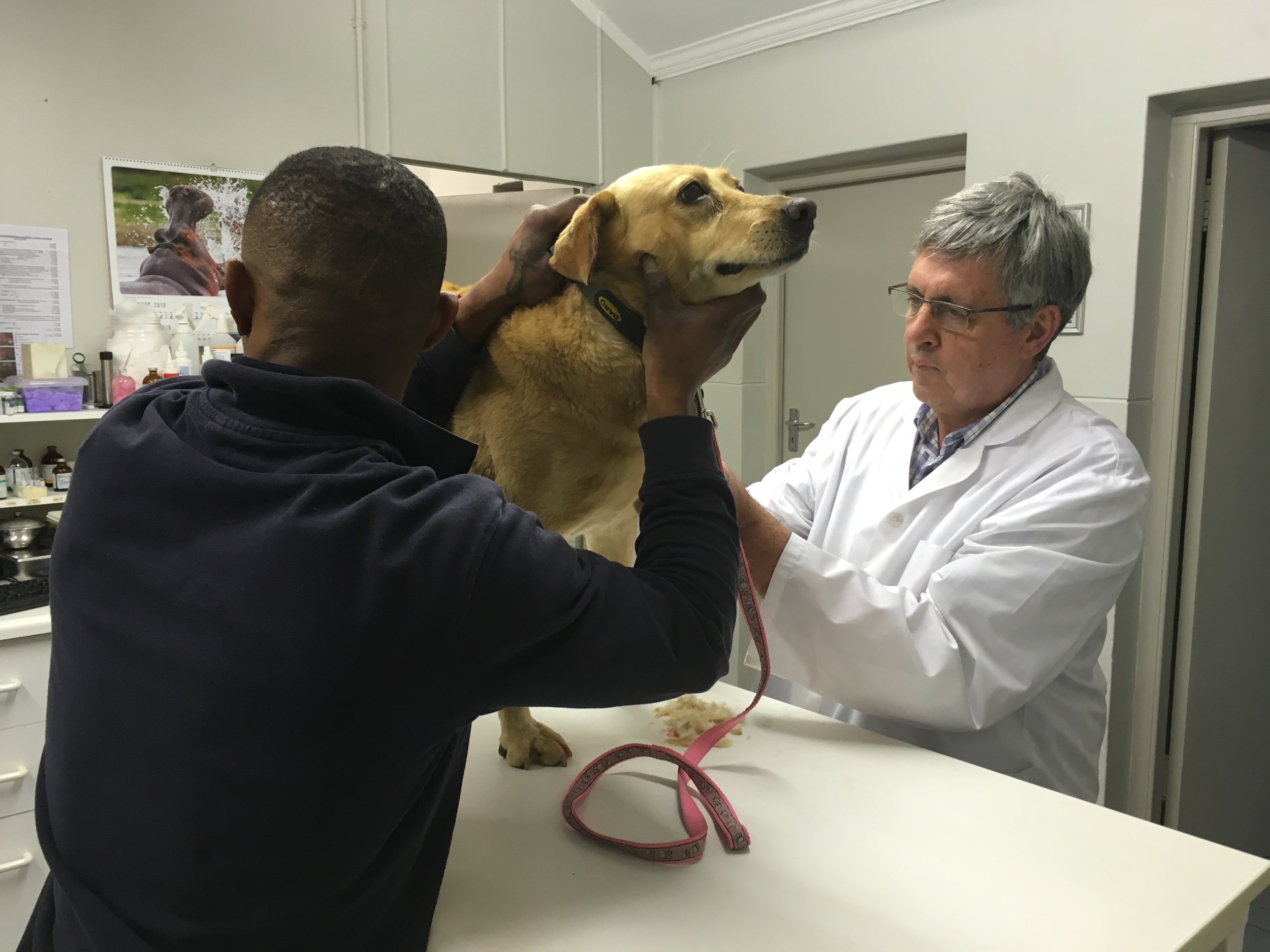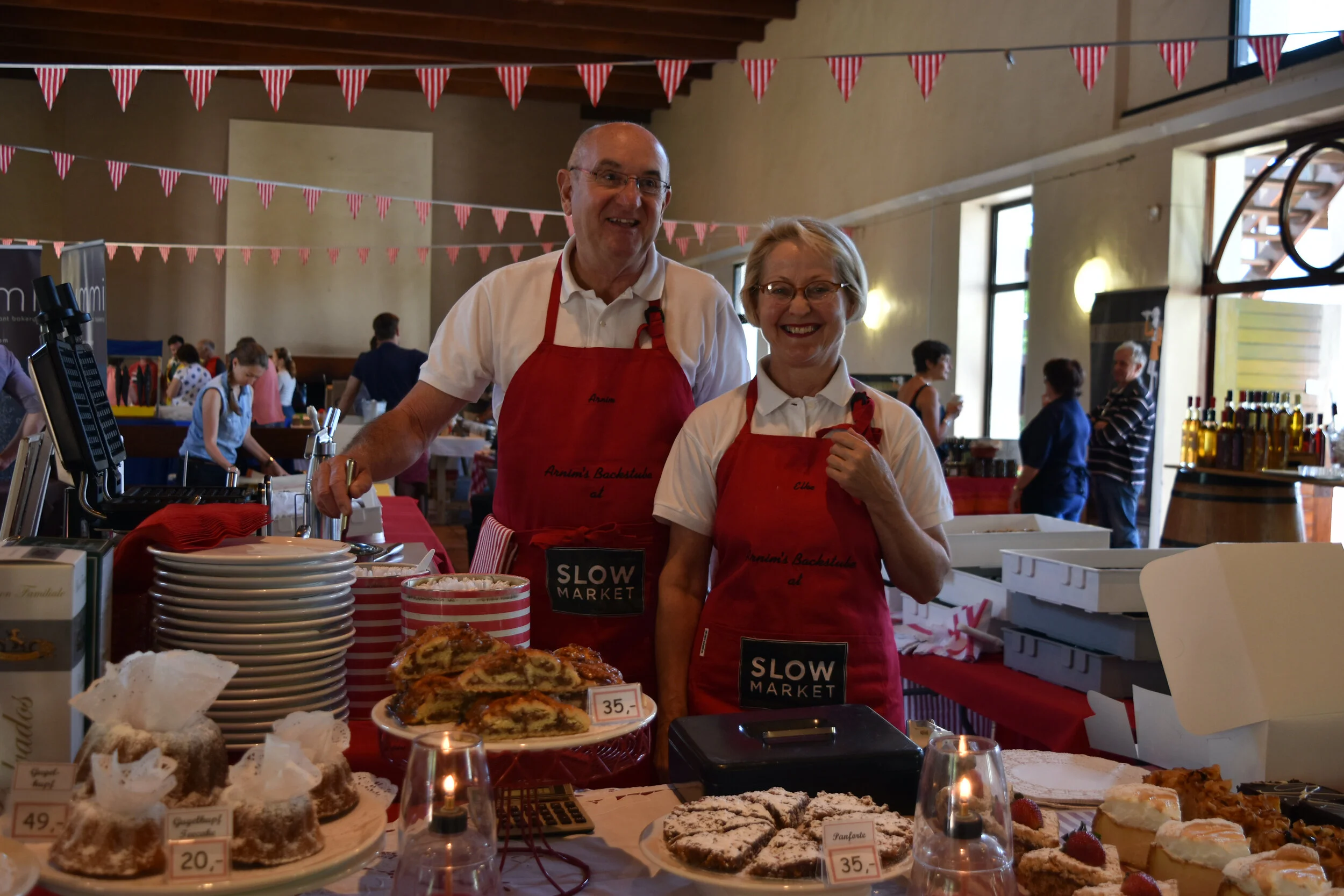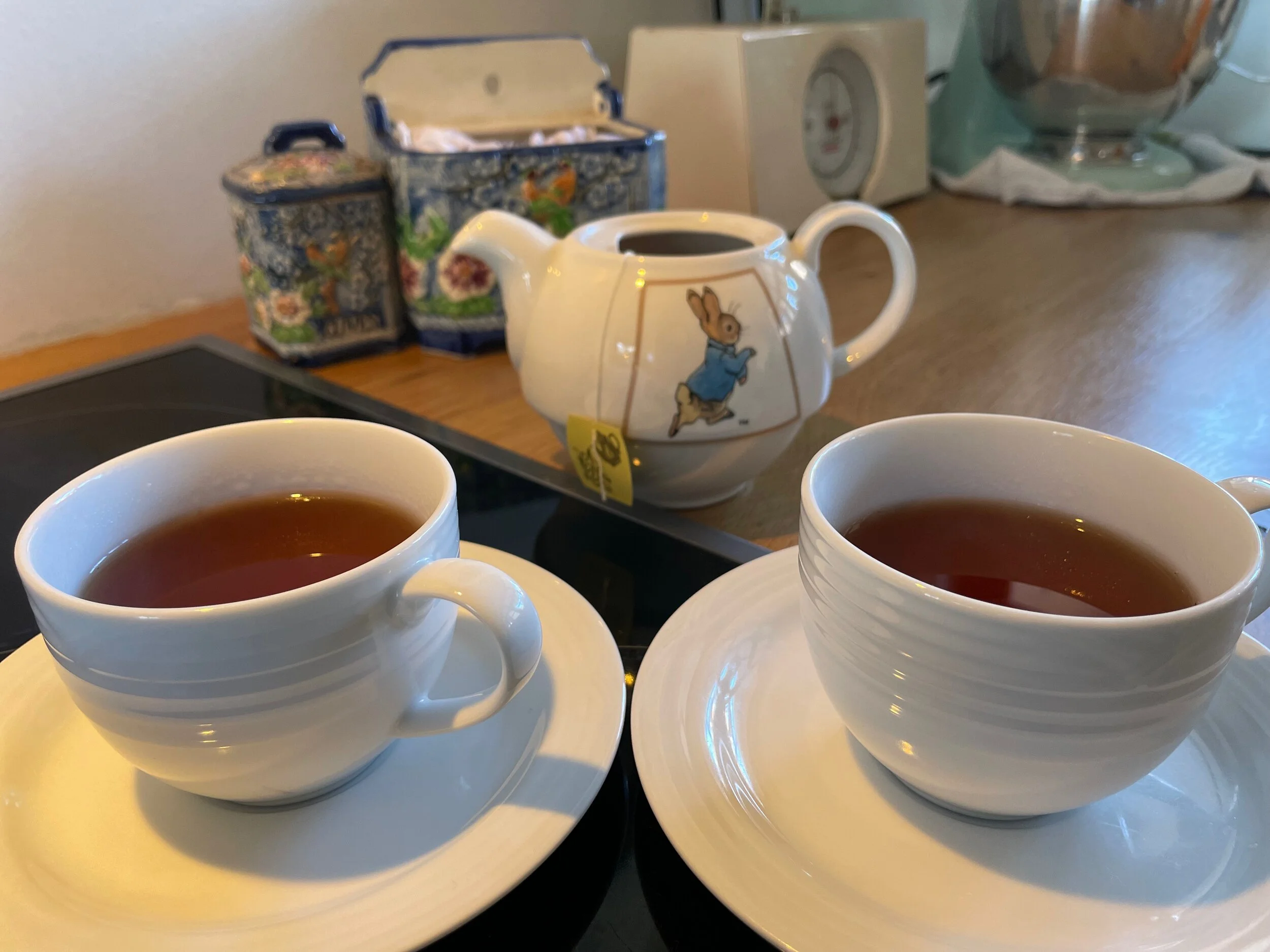There was important breaking news this week – late Wednesday I read a headline online at The Guardian in the UK: Success of experimental Alzheimer’s drug hailed as historic moment. The drug is called Lecanemab and showed some decline in the build-up of toxic plaques in the brain, and a slowing of memory decline, in a study of 1800 patients with early stage Alzheimer’s.
The exact figures are best left to the Guardian, so here is the link: https://www.theguardian.com/society/2022/sep/28/alzheimers-disease-progression-slowed-by-new-drug-lecanemab
It made top stories around the world the following day with the online news giants like Reuters and Bloomberg picking it up, as well as locally, there were articles in News24 and Business Day. One of the companies behind the drug, Eisai, is a significant pharmaceutical company in Japan, with a staff of 10 000, of which 1500 staffers work in research. It is listed on the Tokyo Stock Exchange. Its partner in this project is an American multinational Biotech company, Biogen. The shares of both companies have shot up since the announcement. Investors are excited about what it might mean for sales. Alzheimers affects about 55 million people worldwide. There are projections that the number would reach 139 million by 2050. That’s a huge potential market for a successful drug.
The Guardian quoted Dr Susan Kolhaas, the director of research at Alzheimers Research UK. “This is a historic moment for dementia research, as this is the first phase 3 trial of an Alzheimer’s drug in a generation to successfully slow cognitive decline,” she said.
And then another statement from the article struck me, from Rob Howard, a professor of old age psychiatry at University College London (UCL). He is quoted as saying: “This is an unambiguously statistically positive result and represents something of an historic moment when we see the first convincing modification of Alzheimer’s disease. God knows, we’ve waited long enough for this.”
It was the “God knows, we’ve waited long enough for this,” which stayed with me. It spoke of such desperation in the fight to manage and curtail a disease which has ensnared millions of elderly people in a state of disabled dependence, and burdened families and communities in their efforts to care for them. Huge resources have been poured into finding a drug to reverse, or slow Alzheimer’s and dementia and yet until now, there has been no proved pharmaceutical cure for the disease. To a non-scientist like myself, it is baffling, given the availability of variably efficient medication and therapies for many of the other headline diseases of our time: cancer, high blood pressure, diabetes and heart disease. To be fair to the pharmaceutical industry, it has not been through lack of trying. Until now, Alzheimer’s research has been littered with expensive failures.
There are many unanswered questions about the efficacy of this particular drug, Lecanemab, nonetheless. Eisai is reportedly extending trials to build on the news-worthy results. There are challenges in administering it. It is taken through infusions twice weekly, and health services would need huge logistical resources to administer it to the millions of people who may benefit from it, and there is an expectation of high demand. So if the National Health Service (NHS) in the UK is anticipating a difficult discussion around how to roll out the anti-Alzheimer’s drug if and when it is licensed, I wonder how the South African government’s health services might view the development.
This breakthrough also raises the issue to me of funding for Dementia. Finding the pharmaceutical answer to Alzheimer’s and thus dementia is a multi-million dollar quest. The only answer at the moment for people with living with Dementia is compassionate care. How much state funding is available to pay for care-givers and the communities who support a person living with dementia? In South Africa, it’s nothing at all.
Interestingly, the Biogen website acknowledges this unfunded burden in a generic, global sense, by carrying stories of people living with dementia on its website, and by quoting the World Health Organization on care. It states that in 2019, caregivers spent on average five hours a day providing support for daily living to the person they were caring for with dementia; 70 per cent of that care is provided by women.
Understanding that this expression of compassion is useful marketing for a pharmaceutical company, I still found Biogen’s website interesting, with its mix of facts, figures and stories. It’s worth looking at https://www.biogen.com/en_us/alzheimers-puzzle.html I find it reassuring that large global companies are engaged so deeply with a problem, which for me has become personal.
Reuters reports that the partner pharmaceutical companies, Eisai and Biogen, are hoping for commercialisation of the drug in the United States, Europe and Japan by the end of 2023. Responses from scientists around the world have been cautiously optimistic; how South African health care – both state and private — will engage with this breakthrough is not yet known.







